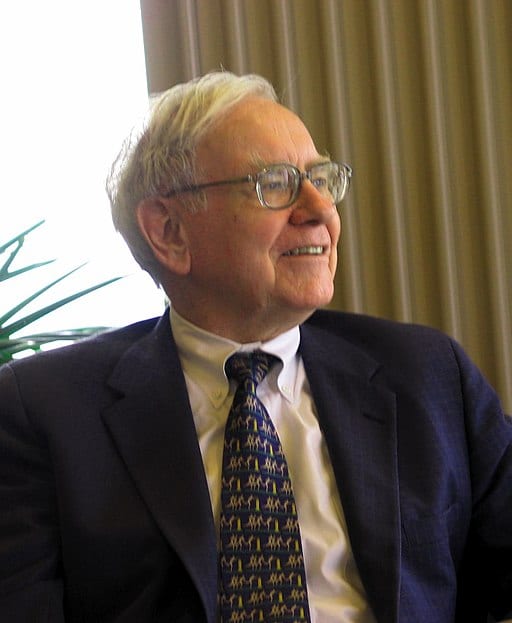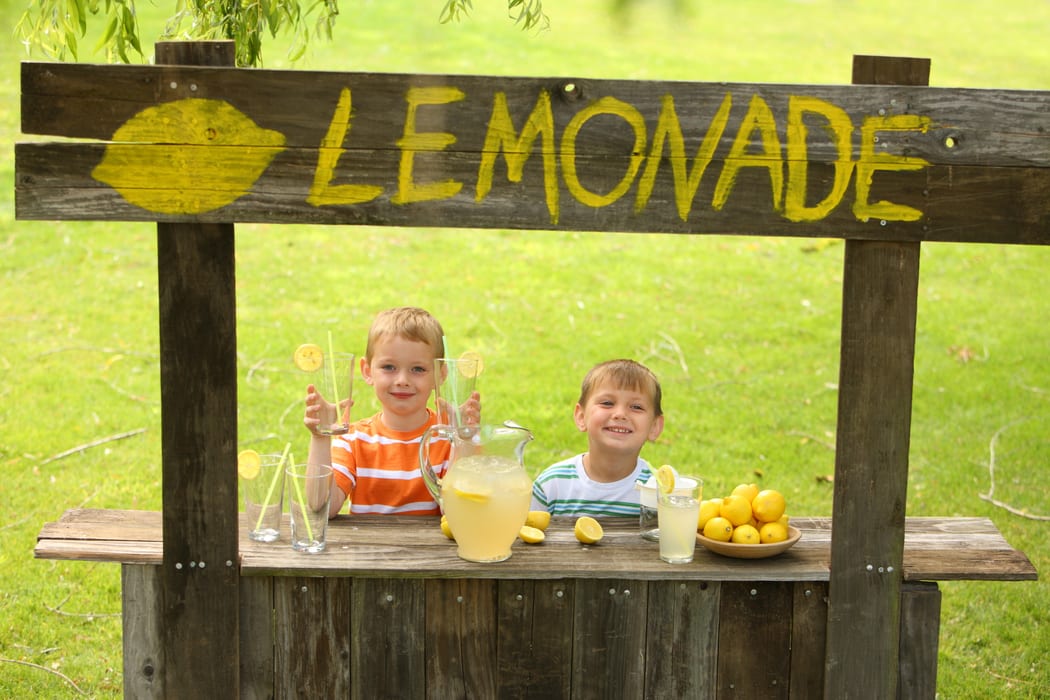Have you considered helping your child start his own business? After all, it’s never too early to teach kids the value of hard work and money. And while you can’t really teach an 18-month-old about credit card interest rates, you can start rewarding kids for their chores and teaching about saving, spending, investing, and donating as early as preschool. Or you could cut to the chase and help them start a business.
Many experts recommend having kids start their own business. And while lemonade stands are out of vogue in our stranger-danger society, there are plenty of child-run business examples out there to inspire you and your kids into an early entrepreneurial enterprise. Check out these five child-owned business examples that go beyond babysitting and lemonade stands—into true kid entrepreneurship.
Kid Entrepreneurs to Inspire Your Child to Start a Business
- Alina Morse and Zollipops
Alina Morse wanted to make candy that didn’t cause cavities. At seven years old, she created lollypops with a recipe of maltitol syrup, xylitol, beetroot juice, and stevia. These sugar-free treats received national attention and got her invited to the White House as an honored guest.
From there, she invested a $7,500 loan from her grandparents into the company and took the brand national. You can now find her “Zollipops” in retailers like Whole Foods, Amazon, Walmart, and Kroger, among others. And this is all because Alina saw a problem and wanted to solve it.
Is your child already passionate about a movement or a cause? How could she help people and make money at the same time?
- Lily Born Helps Her Grandpa
When she was eight years old, Lily Born noticed that her grandfather was spilling his drinks a lot. She saw that her grandpa, who had Parkinson’s, constantly dropped his drinks. His hand tremors caused him to bump up against things—often shaking his glass or knocking it over completely.
Lily raised $6,000 with a Kickstarter campaign to develop a three-legged “Kangaroo” cup that allowed her grandfather to hold it more comfortably and securely. Her invention succeeded and is still available at retailers today. After the encouragement of her early success, Lily continues to invent products through her business, Imagiroo.

What ideas might your child develop into products with the right encouragement and inspiration? How can you help her discover what they are?
- William’s Windmill Generator Business
Born in Malawi, William Kamkwamba grew up in abject poverty, which was made much worse by the combination of a severe drought and serious resource mismanagement at the national level.
In the face of this adversity, 14-year-old William taught himself how to make a windmill generator using books from the school library and was able to scrounge the parts he needed from a local junkyard. In some cases, he had to buy specialized parts by selling other things he scrounged.
His windmill provided electricity for his home. As he refined it, he began selling charging services for neighbors’ cell phones. Now 31 years old, William has written a book and speaks internationally about technology, entrepreneurship, and how kids can solve problems.

Is your child interested in engineering or technology? What might you do to help her turn that into a profitable project?
- Mikaila and the Bees
At age four, Mikaila Ulmer got stung twice by bees and developed an entirely reasonable fear of the black-and-yellow insects. Her grandmother, trying to forestall the development of a phobia, sent her an old cookbook with some honey-based recipes.
Mikaila fell in love with a flaxseed lemonade recipe and in researching further, found out how important bees were to the environment and about colony collapse disorder. She then created Me & the Bees Lemonade, which is sweetened with honey from local bee hives.
Her first customer was a local pizzeria. She combined the sales with education presentations about how to care for bees, which netted her a deal with nearby Whole Foods locations. She has also been featured on the show, Shark Tank. Now, at age 13, she distributes her products to retailers throughout the southeast.

What does your child fear? Is there a way you could help them conquer that fear and turn it into a viable business opportunity?
- Warren Buffet’s Little Red Wagon
Now one of the richest men in the world, Warren Buffet’s name is synonymous with solid investing and financial success. According to his biography, The Snowball, his financially-motivated mind developed early.
In early grade school, young Warren had a little red wagon which he filled with candy bars purchased in bulk from a local store. He would walk around the neighborhood with them, selling them to anybody who wanted them—at a profit of 50%. He saved those profits in a drawer and graduated from high school with a five-figure stake.

Final Thoughts
Ideally, a financially savvy child wouldn’t have a summer job. She would have a summer business. Encouraging your child to take control of and responsibility for her financial success won’t necessarily turn her into the next Steve Jobs or Elon Musk. However, it will teach her the value of earning a living better than almost anything else will. It will also teach her skills such as how to manage her money and time, and how to work well with people.
It’s never too early to start teaching your kids the value of pursuing goals, helping others, and managing resources. If you haven’t considered it before, an entrepreneurial endeavor is a great experience for your child that could help her in any job she may have as an adult. And, if your child does become a successful entrepreneur because of those early experiences, she’ll have you to thank for it.
Found what you just read useful? Why not consider sending a donation to our Kars4Kids youth and educational programs. Or help us just by sharing!
